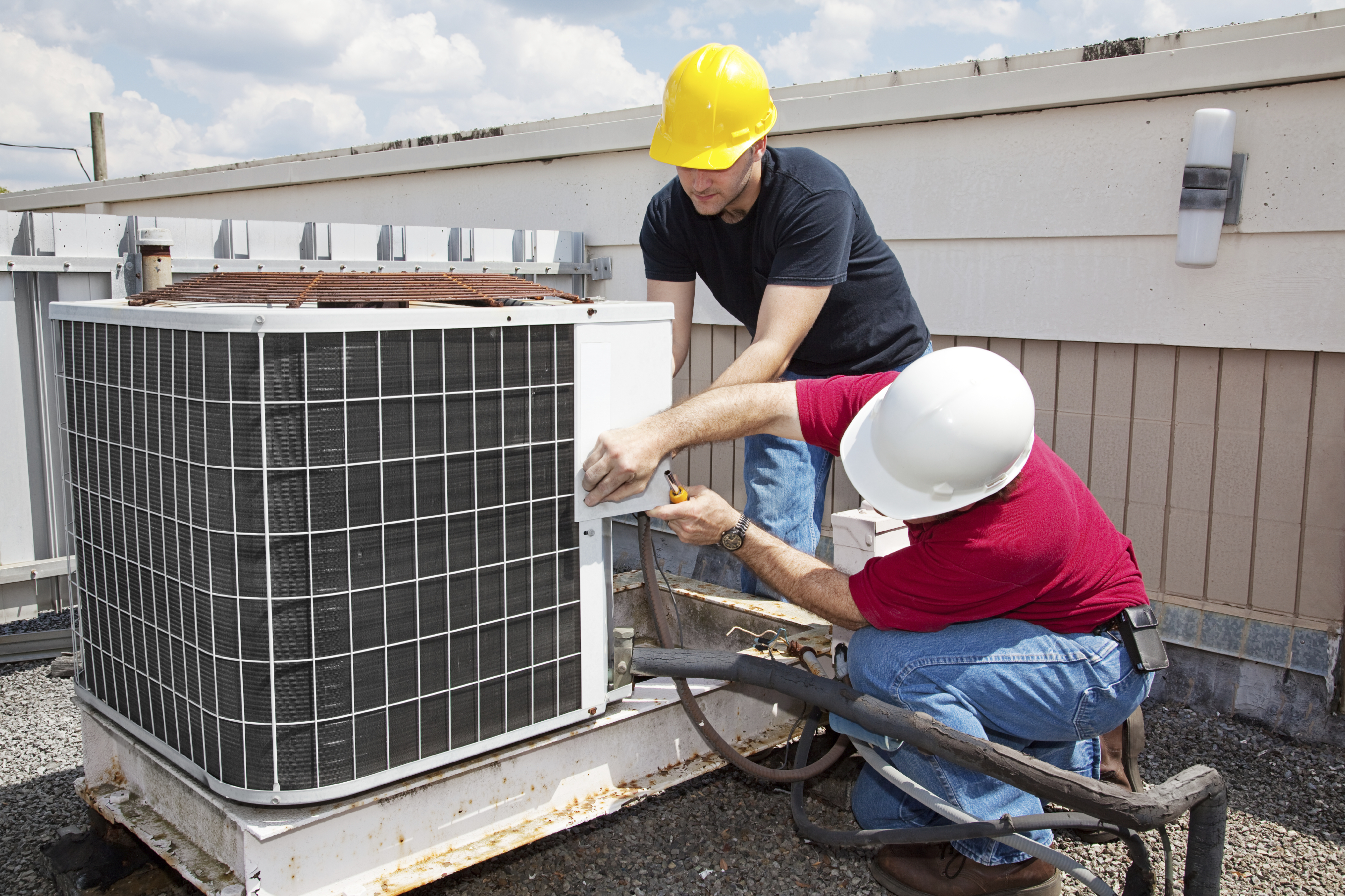Methods to Minimize Allergens with Your HVAC System

In today's world, where we often find ourselves indoors, the importance of clean air cannot be overstated. go to these guys and pollutants can easily accumulate in our homes, aggravating allergies and respiratory issues for many individuals. One of the most efficient strategies to combat these airborne irritants is through the use of an HVAC system. Understanding how to leverage your climate control system can lead to a significant improvement in the air quality within your living space.
This article will explore practical strategies to reduce allergens using the climate control system. Whether you're a homeowner looking to enhance comfort or someone keen on understanding the basics of HVAC, you'll find insights into maintaining your system, picking effective air filters, and maximizing airflow to create a better indoor environment. Let’s dive into how the HVAC system can function not just to heat and cool your home, but also to ensure the air you breathe is clean and allergen-free.
Understanding HVAC Systems
HVAC is the Heating, Ventilation, and Air Conditioning, which are essential parts of current indoor climate control. It operates to offer ideal living and workspace environments by managing heat, humidity, and indoor air quality. An HVAC infrastructure can be centralized or distributed, with various configurations tailored to suit various types of buildings and specific needs. Comprehension of how these mechanisms operate is essential for property owners and companies alike.
The warming element of an HVAC system often includes furnaces, heat exchangers, and thermal units, that operate to create warm air in frigid periods. These installations utilize various energy sources, such as electricity, natural gas, or petroleum, to generate heat and deliver it in the space via ducts or heating units. Alternatively, cooling systems are tasked with cooling indoor environment in sweltering seasons, employing coolants to absorb and move heat outdoors.
Ventilation is another important feature of HVAC setups, as it helps ensure new air circulation and preserve internal air quality. click this link now entails both natural and mechanical methods to supply outdoor air and expel stale air. Proper ventilation doesn't just lowers allergens and pollutants but also stops issues like mold growth and excessive humidity, making it integral to a beneficial interior setting.

HVAC Maintenance and Efficiency
Routine maintenance is essential to keep your HVAC system operating effectively. This entails replacing air filters frequently, ideally every month to three months, depending on usage and the type of filter you have. A clear filter allows for optimized airflow, which enables your system operate with less effort to maintain a comfortable and cozy temperature in your house. Additionally, scheduling yearly expert inspections can assist detect potential issues before they become costly repairs, ensuring that your system operates at peak efficiency all year long.
Proper ventilation also plays a vital role in maintaining HVAC efficiency. Keeping vents and ducts free from obstructions allows air to flow freely throughout your home. It is essential to check and clean your air ducts at intervals, as dirt and debris can accumulate over period, leading to reduced airflow and escalated energy costs. By making sure that your HVAC system has the necessary airflow it needs, you can improve its efficiency and lengthen its lifespan.
Investing in regular maintenance not only improves the efficiency of your HVAC system but can also bring about significant savings on your energy bills. When your system is operating well, it uses fewer energy to heat or chill your home. Adaptive thermostats can support this by adjusting temperature settings based on your patterns and needs, further lowering energy consumption. Servicing your HVAC system with a focus on efficiency can foster a more comfortable living environment while keeping your costs in line.
Improving Interior Air Standards
Boosting indoor air quality is vital for maintaining a clean living environment, and your HVAC system plays a critical role in this aspect. A well-functioning HVAC system helps eliminate away pollutants such as dirt, pet hair, animal fur, and other allergens that can lead to allergies and breathing problems. Consistent servicing, including replacing filters and cleaning ducts, guarantees that your system operates efficiently and effectively promotes clean air circulation throughout your home.
Another significant factor of enhancing indoor air quality is adequate ventilation. Implementing ventilation methods can help eliminate stale air and bring in fresh outdoor air. Modern HVAC systems often come equipped with ventilation options that instinctively adjust ventilation based on indoor air quality readings. This not only does it helps lessen indoor pollutants but also minimizes humidity levels, which can avert the development of fungus and mildew.
Lastly, selecting the suitable air filters is crucial for filtering harmful allergens. High-Efficiency Particulate Air (HEPA) filters are designed to trap tiny impurities, making them perfect for those reactive to allergens. Transitioning to these high-end filters can notably improve your home's indoor air quality, helping you breathe more freely and promoting a healthier living space for you and your family.
